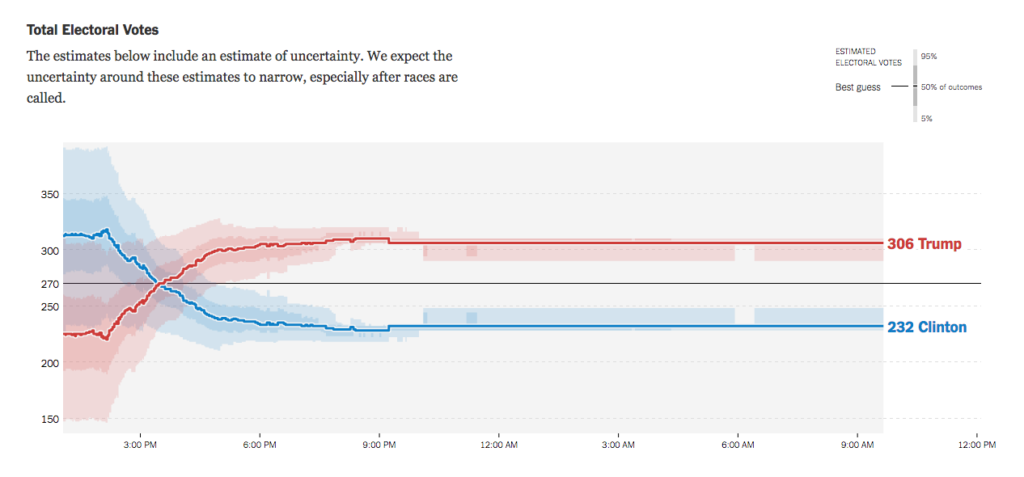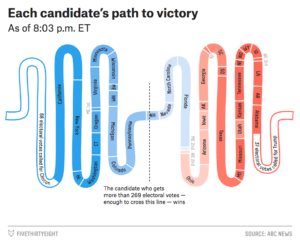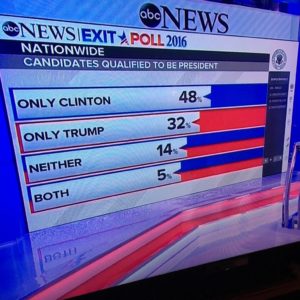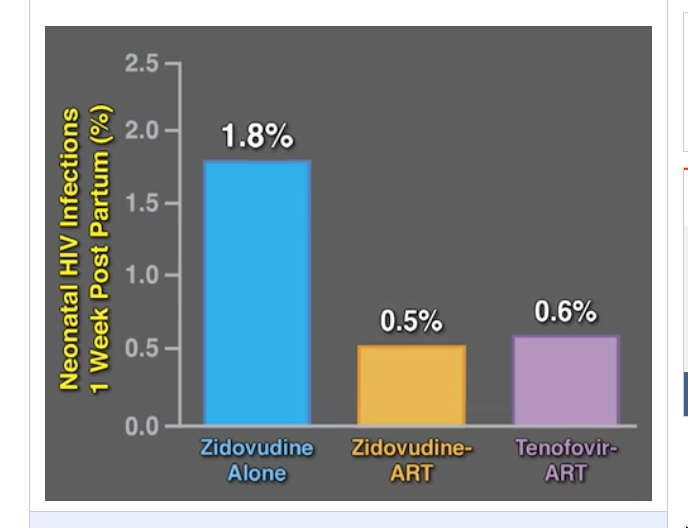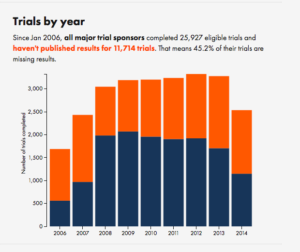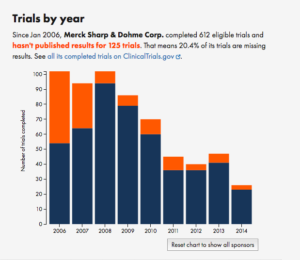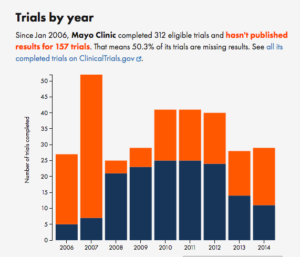Q: So, lots of good health news today!
A: <suspiciously> Yes?
Q: Eating tomatoes prevents wrinkles and skin cancer! And it’s going to be tomato season soon.
A: Not convinced
Q: Why? Did the people have to eat too many tomatoes? Is that even possible?
A: No tomatoes were involved in the study. People took capsules of oil with tomato extract high in lycopene or lutein.
Q: Sounds a bit of a waste. But still, reducing wrinkles and sun damage generally must be good.
A: They didn’t measure wrinkles or skin cancer either.
Q: So what did they measure?
A: Activity of some genes related to skin damage by ultraviolet light.
Q: And these were significantly reduced, right?
A: Yes, but ‘significantly’ here just means ‘detectably’. It doesn’t necessarily translate into a lot of protection.
Q: Do they have an estimate of how much protection?
A: The Herald story says an earlier study found taking lycopene supplements to be as effective as an SPF 1.3 sunscreen.
Q: Only SPF 13? Still, if that’s just from the supplement it’s pretty impressive.
A: Not 13. SPF 1.3.
Q: Ok, so that’s not so impressive. But tomato season and sunscreen season peak at the same time, and every bit helps.
A: Actually, if it really is the lycopene, your horiatiki salad isn’t going to work — lycopene isn’t well absorbed from fresh tomatoes.

